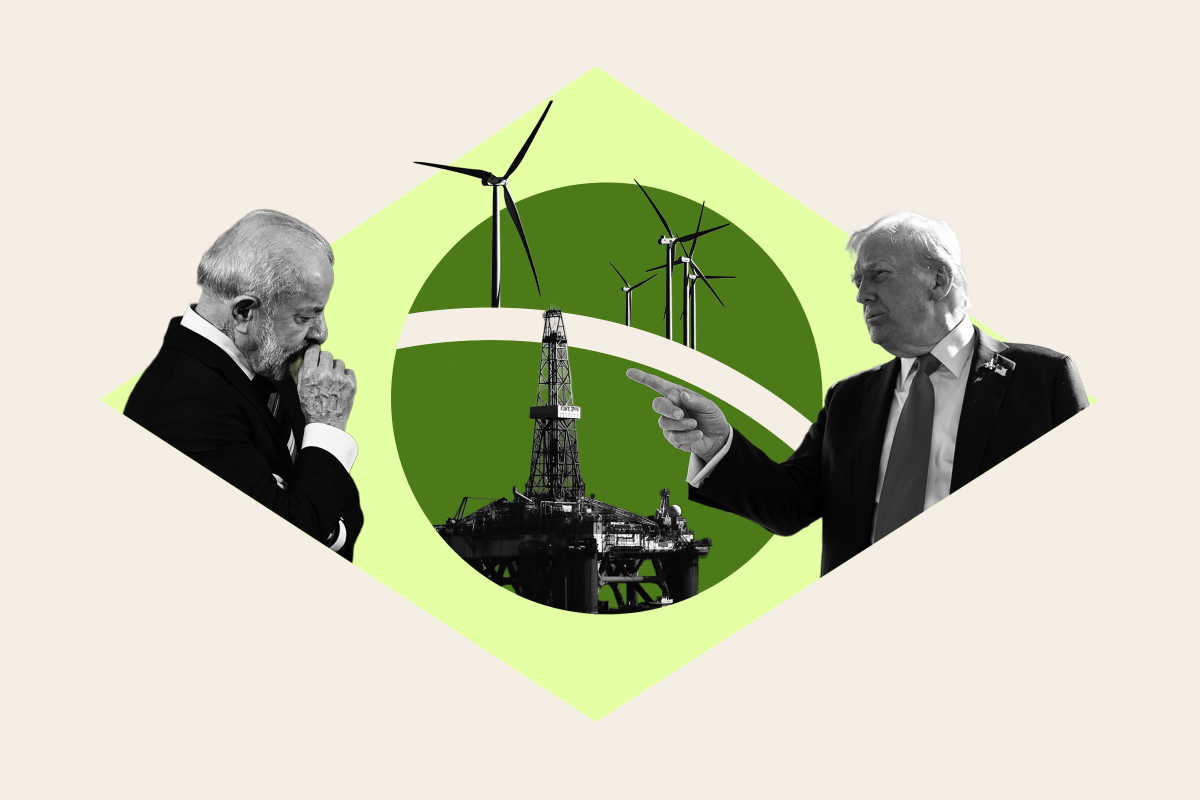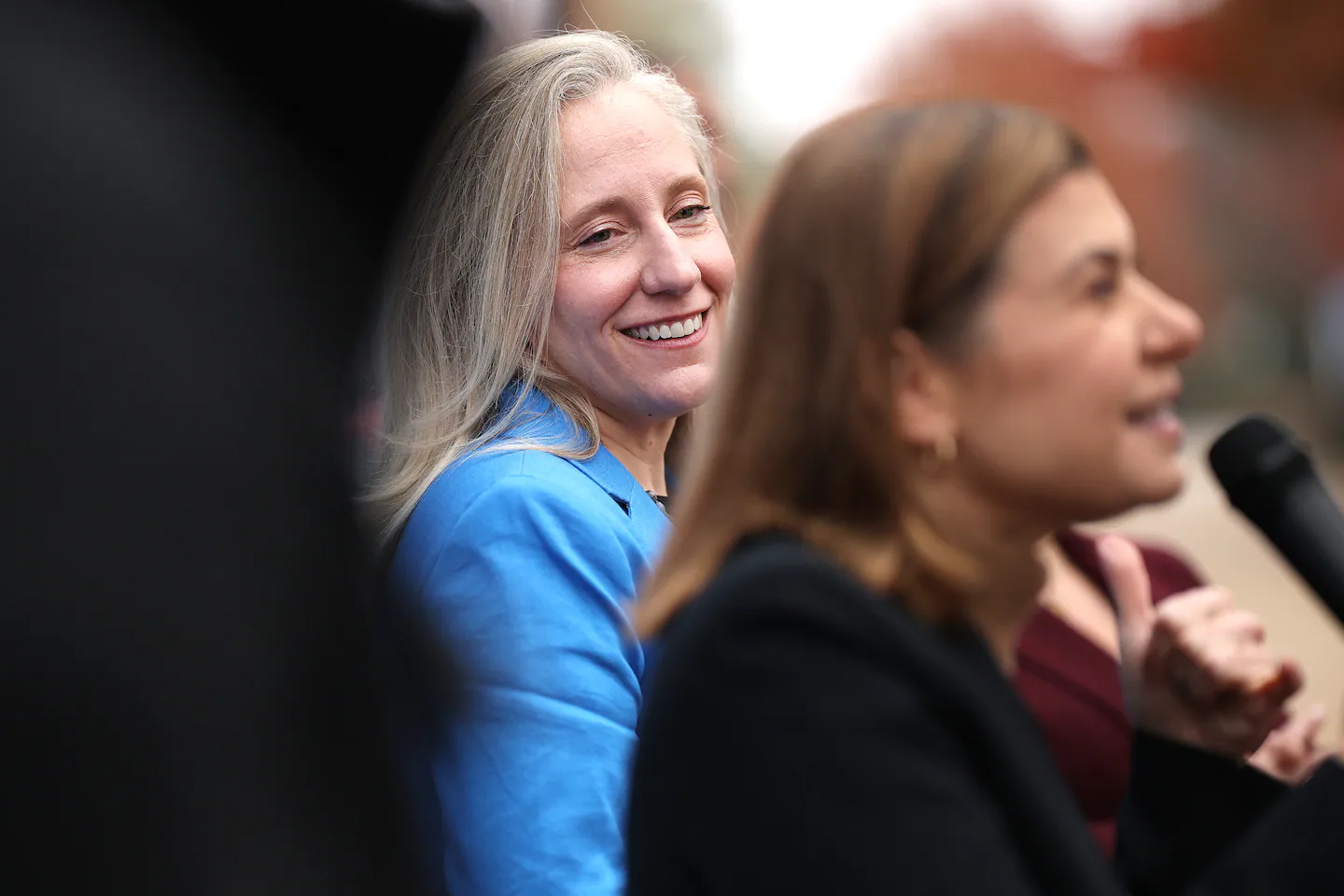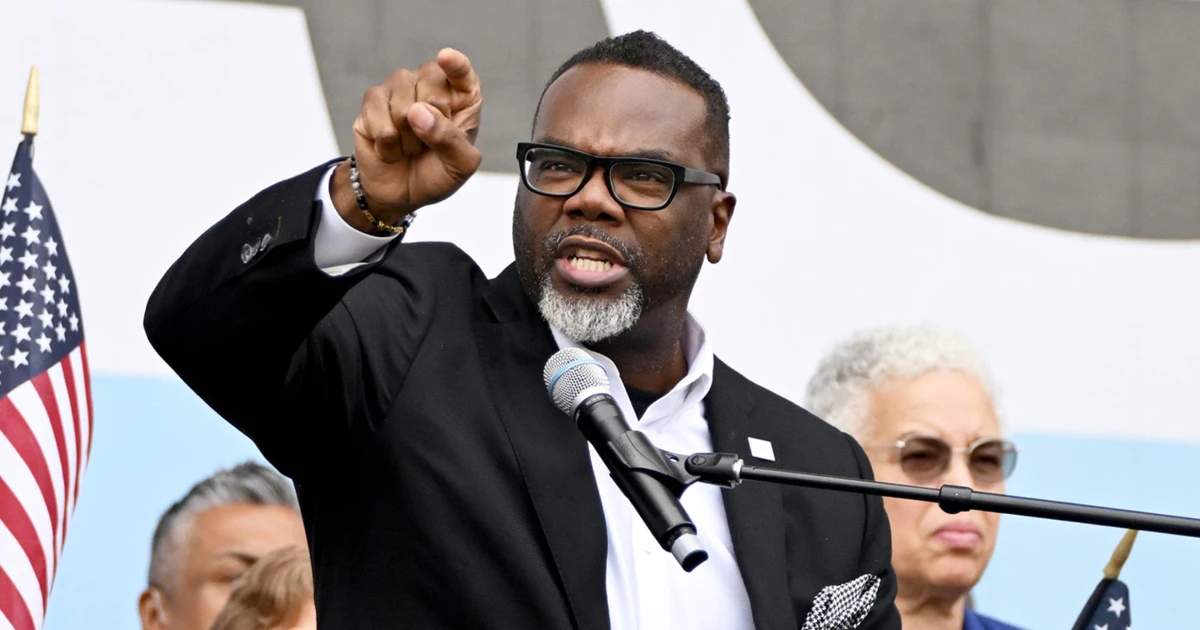Copyright Newsweek

Leaders from around the world—with the notable exception of the U.S.—are on their way to Belém, Brazil, for the 30th United Nations Climate Change Conference, COP30. The talks come on the heels of the world’s warmest two years and record high emissions of greenhouse gases. International relationships, meanwhile, are strained by wars, trade battles and deep disagreement over the future direction of the energy economy. The U.S., one of the world’s biggest sources of climate pollution, will not have an official federal government presence at the talks, as President Donald Trump is scrapping clean energy and climate science programs and withdrawing the country from the landmark Paris Climate Agreement. The Paris Agreement hits its 10th anniversary and COP30 brings an important deadline for participating countries to update their emissions reduction plans which, so far have fallen short of the Paris targets. On top of all that, COP30 is the first of the U.N. climate gatherings to take place in the Amazon rainforest basin, putting a spotlight on the role that forests and nature play in meeting the climate challenge. Here’s a guide to the people and issues to watch at COP30. Brazil’s President Lula da Silva Host nation Brazil’s President Luiz Inácio Lula da Silva, affectionately known as Lula, has used his second term as president to push ahead with climate action and slow the deforestation that grew to alarming rates under his predecessor, Jair Bolsonaro. Lula is also using COP30 to elevate his global profile and Brazil’s role as a rising international dealmaker. Lula has said he wants COP30 to be the “implementation” COP, meaning he is less interested in grand pronouncements of new climate goals and more concerned with the nuts-and-bolts of how to get things done on clean energy deployment, adaptation to climate impacts and support for nature. Brazil is set to introduce an ambitious and innovative new system for financing forest protection (more on that below) and Lula comes into COP30 with an impressive record of successful forest protection. However, Brazil is also a major oil producer, and Lula recently demonstrated that he is not yet ready to leave fossil fuels behind. Just weeks before COP30, Brazil’s environmental agency approved a request by the state-run oil company Petrobras to drill an exploratory well not far offshore from the COP30 venue in Belém. The Amazon and Natural Solutions COP30 host city Belém lies at the mouth of the Amazon River, and the first U.N. climate talks to take place in the Amazon basin will show that the climate crisis and the world’s biodiversity crisis are inextricably intertwined. The relationship works in both directions: Climate change has exacerbated drought and wildfire that further damages forests weakened by deforestation from decades of illegal logging, mining and ranching. At the same time, forests, oceans and other ecosystems serve to store carbon dioxide and buffer against extreme weather impacts, and climate scientists say we cannot meet climate targets without the help of nature. COP30 will highlight these nature-based climate solutions in a place where both the strengths of nature and its fragility are on full display. “Think of Latin America as a giant living lab where we are proving that nature is our strongest ally,” Colombian climate activist and diplomat Paula Caballero said in a recent press briefing hosted by the environmental group The Nature Conservancy (TNC). Financing for conservation, replanting forests and enforcing protected areas is lacking. The climate connection to nature provides one revenue stream through the voluntary carbon market in which companies can purchase credits by funding qualified forest projects. The carbon market has been beset by shortcomings and subject to accusations of greenwashing, however. COP30 will feature programs by the public and private sector to improve the quality of such projects. Brazil is also launching a program called the Tropical Forests Forever Facility with a goal of raising $25 billion for an investment fund that will yield dividends that pay for keeping forests intact. Systems to better protect oceans, coastal marshes and mangroves will also be on the agenda, as well as an emphasis on the indigenous people who live on and manage much of the world’s natural places. COP30 also focuses on nature-based solutions that are possible in agriculture, and Brazil, a global ag power, is a natural place to explore those possibilities. Food systems now account for about a third of global greenhouse gas emissions, but scientists say regenerative agriculture and climate-smart farming can help flip that into a future where farms also help grow climate solutions. The Paris Climate Agreement at 10 The landmark Paris Climate Agreement of 2015 committed countries to limit warming this century to no more than 2 degrees Celsius (3.6 degrees Fahrenheit) above pre-industrial levels, and to aim for an increase of no more than 1.5 degrees Celsius. At the time, scientists estimated that we were on course for disastrous warming of more than 7 degrees Celsius, and it is a sign of progress that today’s projections forecast warming that is less than half that. However, a U.N. analysis of the latest pledges to cut emissions shows the world is still on a path to “a serious escalation of climate risks and damages” well above the Paris targets. The last two years were the hottest in recorded history and global average temperatures flirted with the 1.5 degree Celsius mark. COP30 will be the moment for countries to present their new national plans to cut emissions under the Paris Agreement. So far, the U.N. said, only about a third of countries have done so. There will be special scrutiny on plans from major emitters such as China and the E.U. to see how ambitious and detailed their plans are and whether the combination of new national plans adds up to something that gets the world back on track toward climate goals. At the TNC press briefing, noted climate scientist and author Katharine Hayhoe offered a tasteful analogy. “A COP is a bit like a potluck dinner,” Hayhoe said. Each participant brings an offering to the table, she said, and “it’s obvious who took the time to bake and who dug out the frozen chicken nuggets.” No U.S., but Some States are United To carry Hayhoe’s analogy further, one prominent place at the table will be vacant: The chair saved for the U.S. Under President Barack Obama, the U.S. played a critical role in crafting the Paris Agreement, and President Joe Biden raised the international bar for climate action with his clean energy initiatives. Following each of those presidencies, however, Donald Trump has reversed course, scrapping renewable energy programs and pulling the U.S. out of the Paris Agreement. In September, Trump stood before the U.N. General Assembly and called climate change "the greatest con job ever perpetrated on the world." His cabinet members have pressured other countries to drop their climate commitments and purchase more U.S. fossil fuels. (The U.S. is the world’s top producer and exporter of oil and gas.) But the energy economy today is radically different from the one that existed during Trump’s first term in office. Costs for renewable energy and storage are plummeting, and solar power is now the cheapest source of new electricity. Renewable energy has started to eclipse power from burning coal, and much of the world is positioning to take advantage of the economic, environmental and national security advantages of the emerging clean energy economy just as the U.S. is peddling more fossil fuels. At COP30, the U.S. federal government will be absent, but many state and local leaders and prominent members of the private sector will be there in force. California Governor Gavin Newsom has already partnered with the governor of Pará, the Brazilian state where COP30 will take place, to announce climate work together. A group called America is All In has organized a COP30 delegation of governors, mayors and local officials who collectively represent roughly two-thirds of the U.S. population and three-quarters of the country’s economic output. (California alone is among the 5 largest economies in the world.) The group’s Managing Co-Chair Gina McCarthy served in both the Biden and Obama administrations. “Our mission is to show the world that the Trump administration does not reflect the values or the opportunities available in the United States today,” McCarthy said in a press briefing. “We will not allow our country to become debilitated by those who are standing in the way of progress.”



